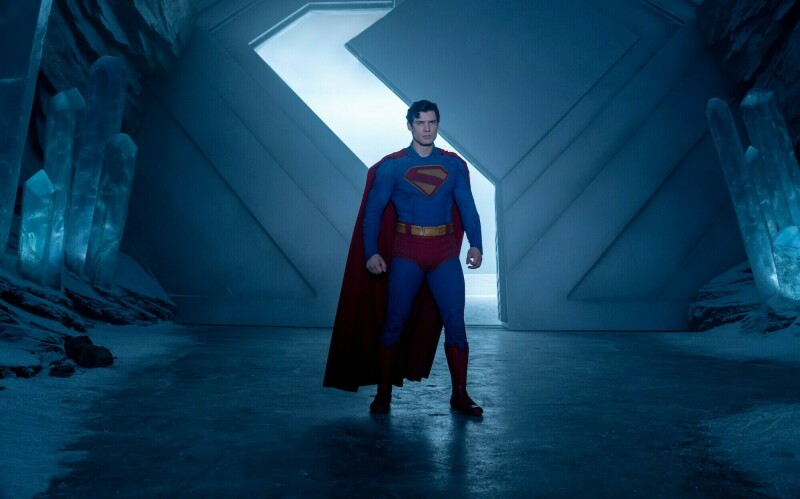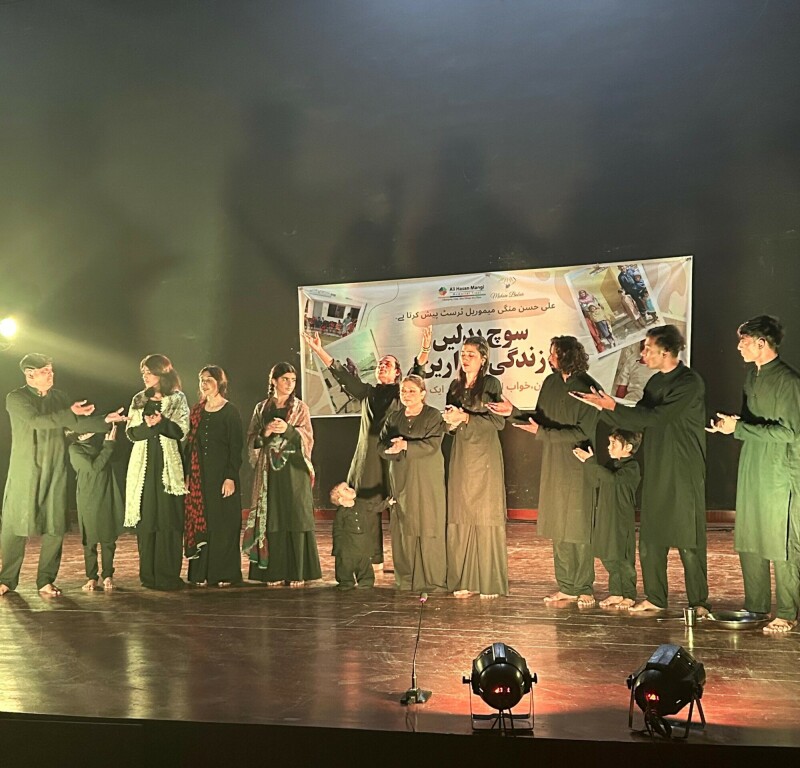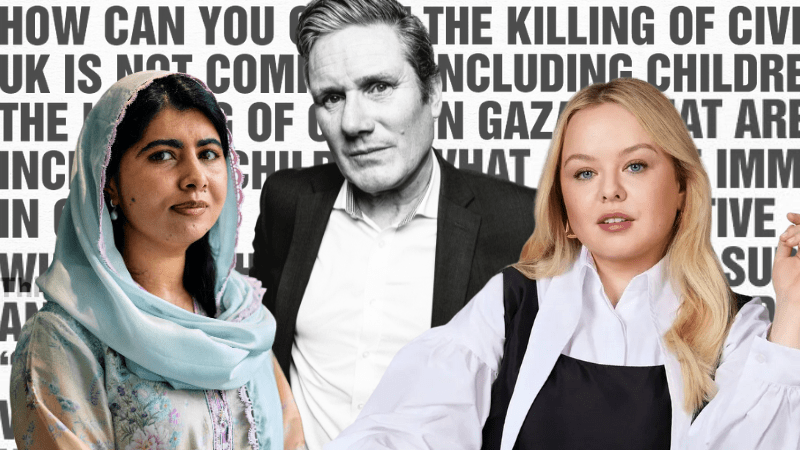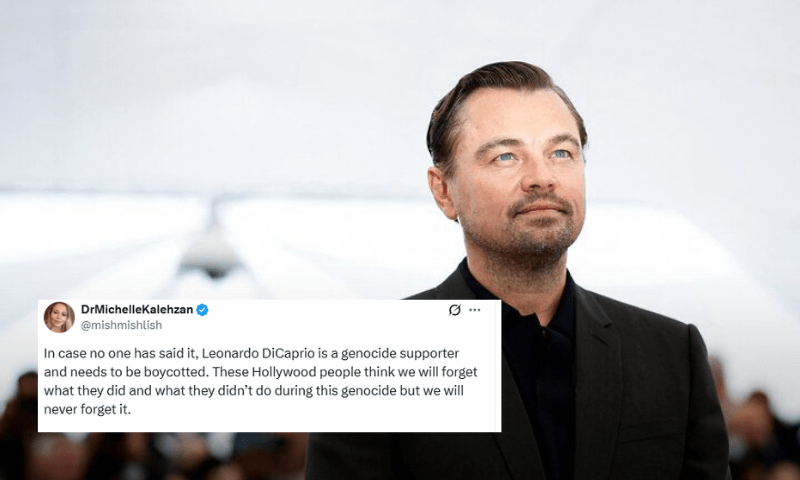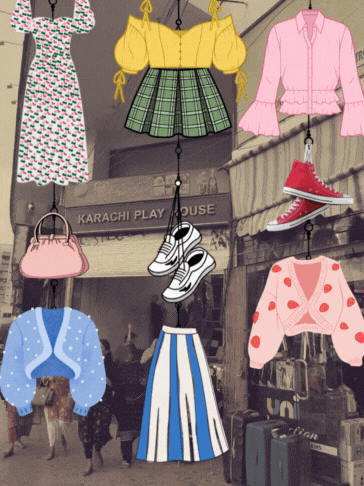Day 1 of AdAsia Lahore puts marketeers on the frontlines of social change
The first day of AdAsia Lahore 2019 opened to a captivated audience, with the energy only getting better with time. The conference returns to Pakistan after three long decades, and brings with it a set of gurus, veteran marketeers, entertainment wizzes and more.
The conference began with a conversation between marketing guru Sir Martin Stuart Sorrell and veteran journalist Richard Quest. Businesses are changing and they are changing fast. “Digital is the present,” Sorrell told the audience while explaining that traditional forms of marketing have had their day in the sun and are on their way out.
However, changing tides have many uneasy. “All industries are challenged by digital transformations,” Sorrell said while discussing how digital tools are changing the face of marketing.

“It has repercussions that go beyond the economic aspects of a business,” he added.
Given the data-oriented nature of digital marketing, Quest noted that at times it was not seen as creative enough.
“The cheap shot against digital is that it is not creative. This is a fundamental problem. People look back at expensively paid large ad agencies. But those days are gone — but that doesn’t mean that big ideas are gone. It’s about a different definition of creativity,” Sorrell responded.
After a discussion on what is and isn’t creativity in the digital age, it was only fitting that Ali Rez, BBDO’s Creative Director for Middle East and Pakistan, took the stage to talk about the change marketing makes and why change needs to take centre stage as the narrative for brands.
These are good times for Pakistan, Rez told the audience. Pakistan broke into the top 40 list of the most creative countries in the world, and the country has won more than 400 awards in the last five years. The Cannes Lions ranked the country number four in Asia on their Global Creativity Report.
The conversation then flowed into taking all that creativity and doing something with it — something that looks at people and problems first and profits later. “Brands are overtaking charities in doing work for good. They’re taking responsibility,” Rez told the audience.

And this responsibility is helping them find a larger number of consumers and helping them make money. Marketing that’s aimed at shifting or disrupting negative cultural practices to build something new and better work.
“Advertising builds culture and is a reflection of the culture that prevails. Un-stereotyped advertising performs 25% better and increases purchase intent by 18%,” Rez shared.
He ended his talk with some food for thought: “At the end of the day you’re going to tell your children that you helped change the world,” he said while talking about the future of how brands build their images.
After Rez, Quest once again took the floor to talk about leadership for business, and the values that marketers must have if they are aiming to become leaders.
“You need to know the values that go with having the right tools and ideas to move forward. You’re likely to get caught up in your own bullshit; that in your world there’s no need to take responsibility,” he said noting that great ideas are sometimes lost when we keep profit in mind more so than integrity.

The session focused on brave campaigns where brands have taken a stand. CEOs are becoming the new world leaders and looking to make the difference that our political leaders are failing to make. And since money talks, they’re using their financial power to do so.
Quest was followed by Yasu Sasaki, Executive Creative Director & Head of Digital Creation, Dentsu. Despite following the same theme as the two speakers before him, Sasaki’s discussion went a step ahead because he outlined how digital creativity can be used to solve problems that we’ve been seeing all around us all the time.
He shared how his ad agency had gone above and beyond the scope of its work. For instance, in one case the company had become toymakers with its Ton Ton Voice Sumo game, which helps with the rehabilitation of vocal cords in the elderly through a fun game of Sumo wrestling.
The talk also showcased the concept for an upcoming sushi restaurant that doesn’t just offer you unique sushi, it also helps you connect with other sushi eaters around the world.
The last talk of the day featured heartthrob Fawad Khan and decorated veteran actress Atiqa Odho. The two steered the conversation away from the ad makers to the ad sellers i.e. the brand ambassadors.

The two talked about their lives and used their own stories to engage with the audience on how being an ambassador has changed over the years.
Odho asked the star where he felt the line was drawn between the actor and the person. Khan answered that in recent times, the line seems to be blurring.
“Actors now make choices based on what they’re comfortable with. Earlier on this was not the case, either you were up for the game or not. Now, the actor — or rather the person — has more choice in what they take on. The line between the person and the actor is becoming blurred,” he said.
“The roles that we take on reflect the kind of people that we are,” he added.
The event will return tomorrow and the day after with a string of captivating talks and sessions.


